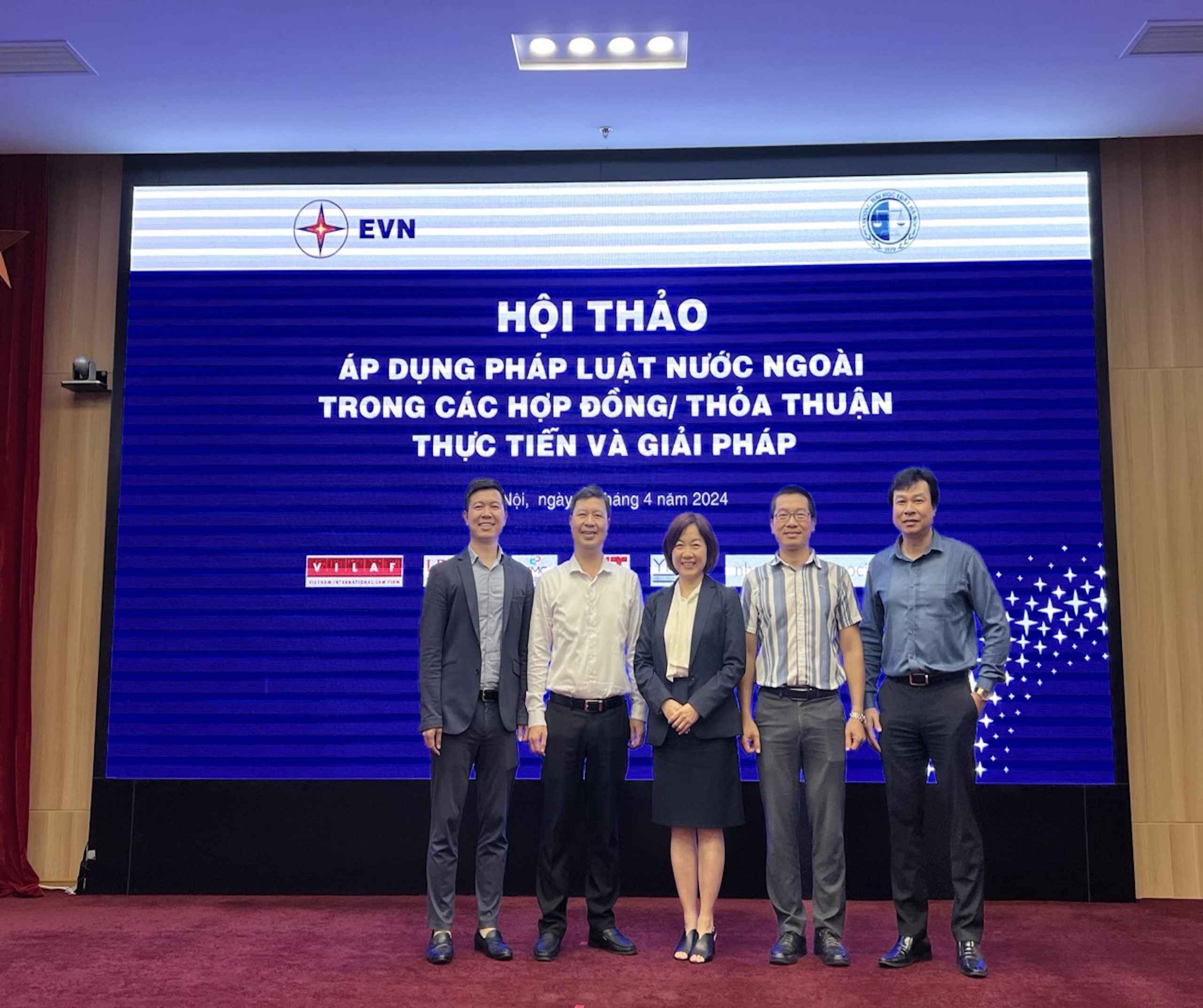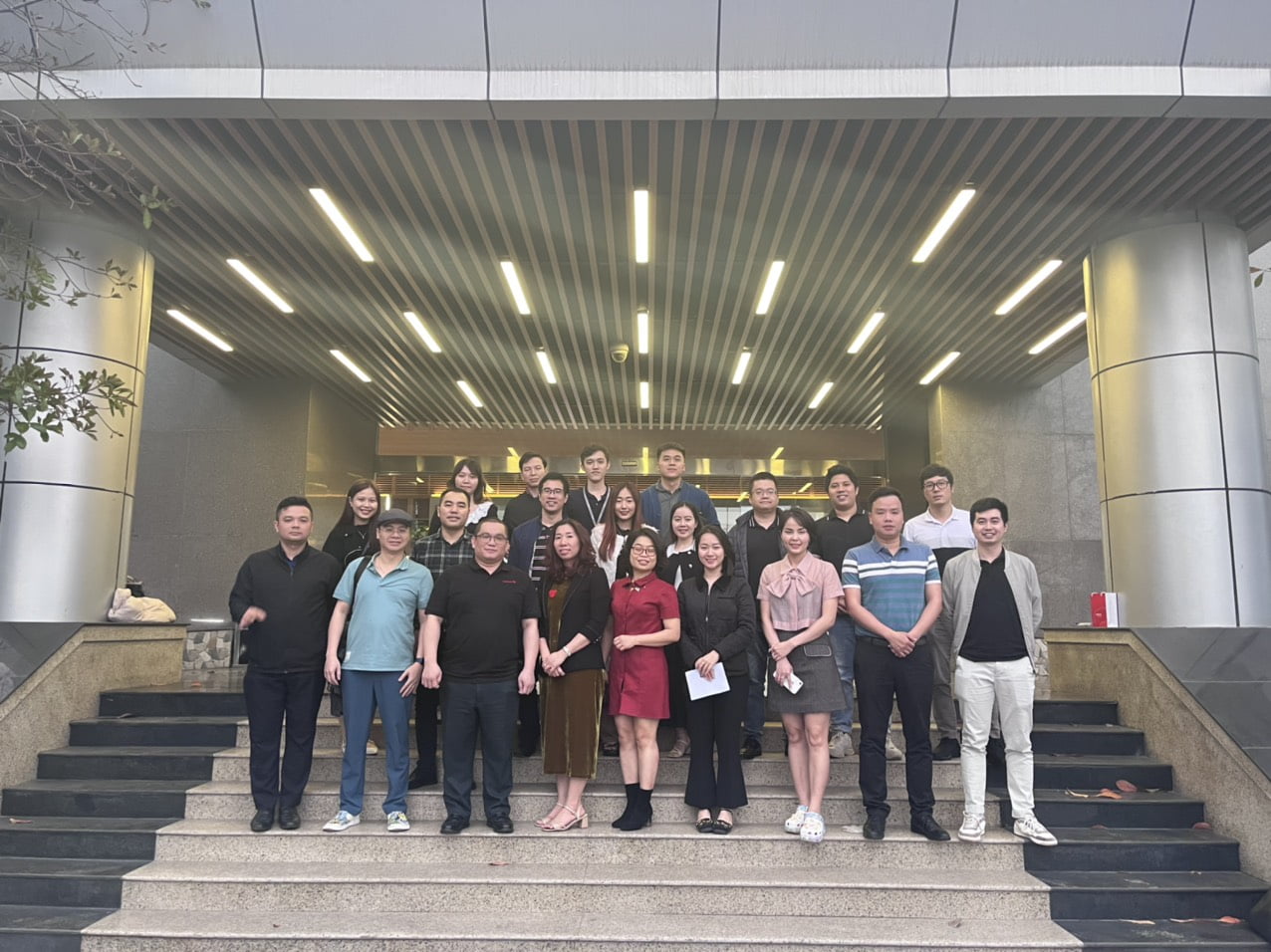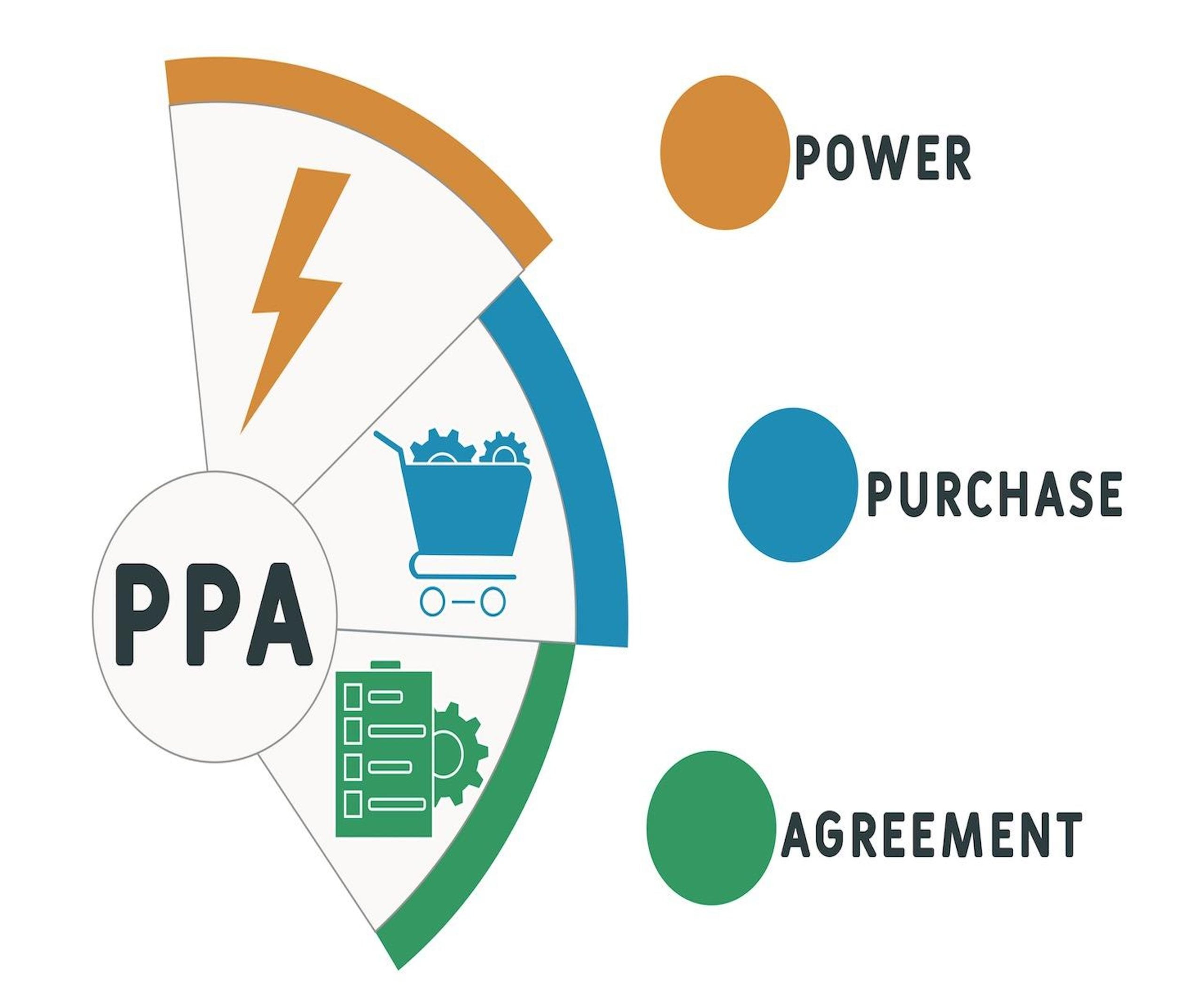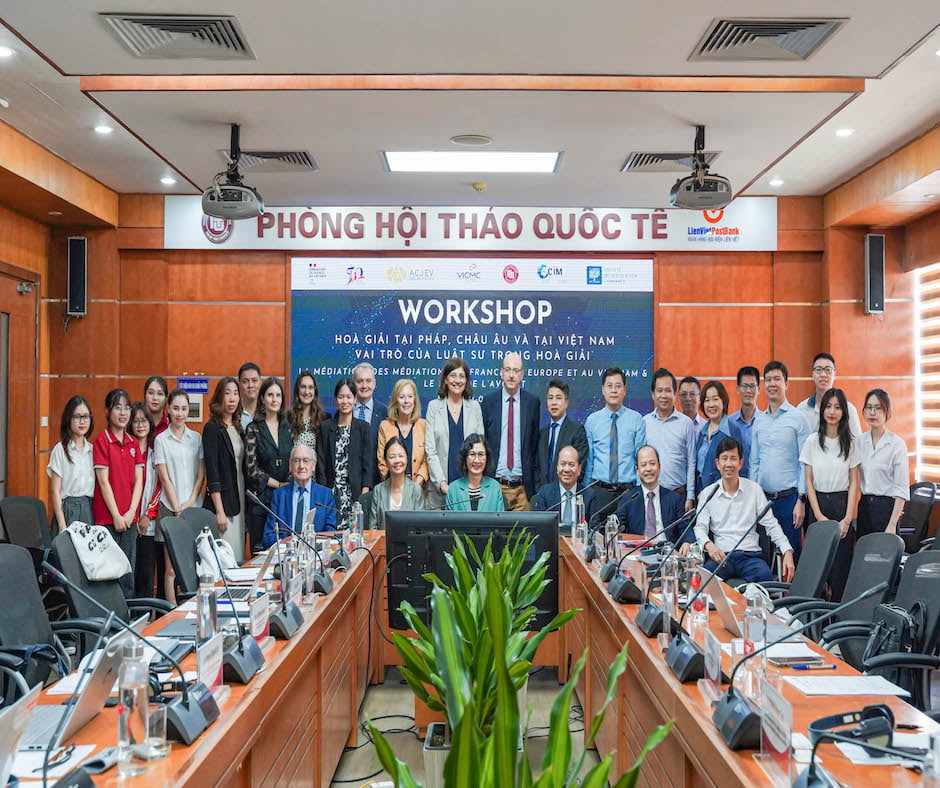Ensuring confidentiality about the case is considered to be the greatest advantage of mediation compared to other methods of dispute resolution. Confidentiality in mediation includes two aspects: (i) the mediation mechanism must ensure confidential information of cases with third parties; (ii) the mediator must keep each party’s position of dispute settlement confidential without disclosing it to the other party. On the basis of these two aspects, the information provided by the parties in the mediation process cannot be used as evidence in other dispute resolution procedures.
In arbitration and court proceedings, each disputing party must generally accept to disclose information and documents of the case to a third party (trial panel, arbitral tribunal or examiner) to protect their rights. Information and documents must be sent to the Court or arbitral tribunal and to the other party [1]. Although the principle of arbitral proceedings is not public [2] and the court proceedings may be tried privately in special cases to protect business secrets [3], the information of the case must still be revealed to many people. Meanwhile, the mediation process usually takes place with only one mediator so the information is not spread out to many people. The mediator is bound to the mediation center about keeping confidential information he or she knows about during the mediation process.
During the mediation process, professional mediators have the responsibility not to disclose the information of one party that they have to provide to the other party either accidentally or intentionally. Ensuring non-disclosure of information will encourage the parties to “open up” to the mediator on matters that the party would like to be resolved or reconciled with the other party.
[1] Law on Commercial Arbitration 2010, Article 12; Civil Procedure Code 2015 (Civil Procedure Code 2015), Article 70, Clause 9, Article 96
[2] Law on Commercial Arbitration 2010, Article 4, Clause 4
[3] 2015 Civil Procedure Code, Article 15, Clause 2, Article 267.
(c) VICMC 2019


















